|
|
|
|
Nau mai, haere mai.
For Labour leader Chris Hipkins, last night's live TV leaders debate offered the ideal forum. He is a skilled and experienced parliamentary performer and a seasoned politician. His opponent Christopher Luxon, by contrast, is a political novice who has struggled with combative interviewers and command of his brief.
The reverse may be true out on the hustings, however. As one political journalist recently observed of the two leaders’ respective campaign styles, Luxon is more the extrovert, expert at the “ten second conversation” with ordinary voters. Hipkins is less comfortable, with his inner policy wonk sometimes too evident.
In their first debate, it was those public, rather than parliamentary, performers on display. Hipkins was the calm, careful manager of expectations. Luxon was in full inspirational CEO mode. Viewers and voters will make up their own minds as to which they prefer, but this was no major reset of the political narrative.
As Suze Wilson writers today, however, that is what Chris Hipkins needs. His challenge is to regain control of that narrative, rise above the mere theatre of politics, and connect with voters’ real interests rather than their current (fairly grumpy) mood.
Leadership researchers call this the “management of meaning”. And “unless Hipkins discovers an effective way to do this,” Wilson writes, “he will struggle.” With just over three weeks till the election, the struggle is real.
|

|
Finlay Macdonald
New Zealand Editor
|
|
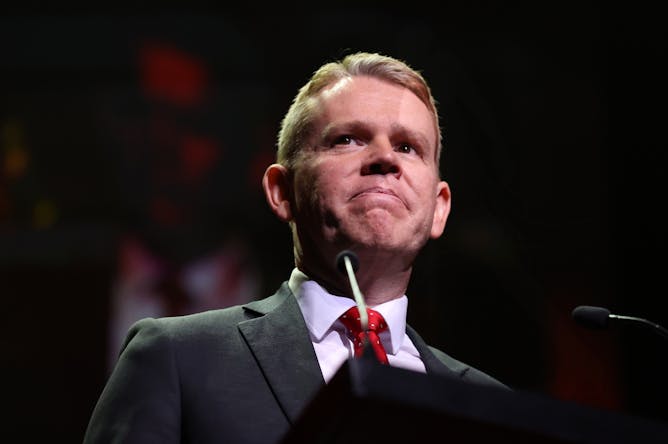
Suze Wilson, Massey University
The election campaign’s first live TV debate offered a glimpse of the leadership challenge faced by Labour’s Chris Hipkins – to connect with voter’s values and interests, not just their current mood.
|

Christine Braid, Massey University
For many educators, structured literacy is a step in the right direction to improving New Zealand’s falling literacy rates. But educators need to remain adaptable as the science of reading evolves.
|
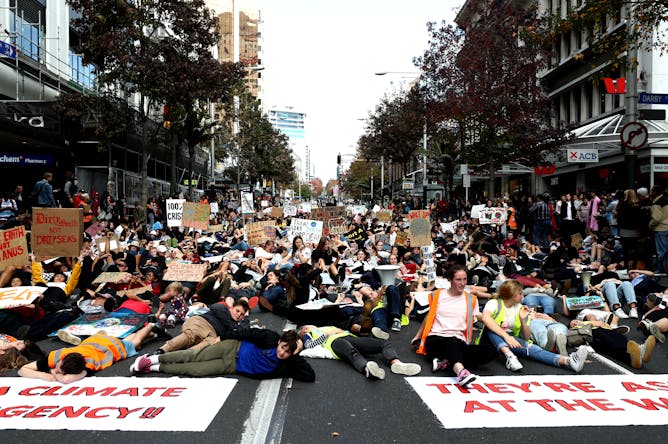
Alexander Gillespie, University of Waikato
Police have warned climate protesters could face up to 14 years in jail for ‘endangering transport’ – longer than the maximum for serious crimes like ram-raiding.
|
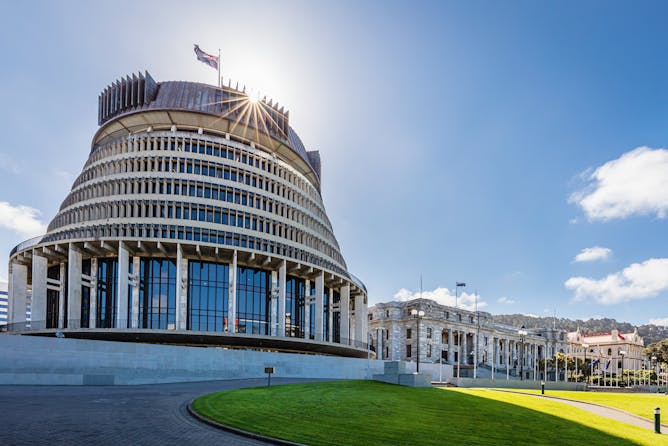
Adrian Beaumont, The University of Melbourne
The Conversation’s poll-watcher breaks down the party support trend since March – which has all been surging one way, despite some variation between pollsters.
|

Matt Halliday, Auckland University of Technology
Ad Net Zero is a new initiative aimed at reducing the advertising industry’s carbon footprint. But agencies have yet to take the next and most difficult step.
|
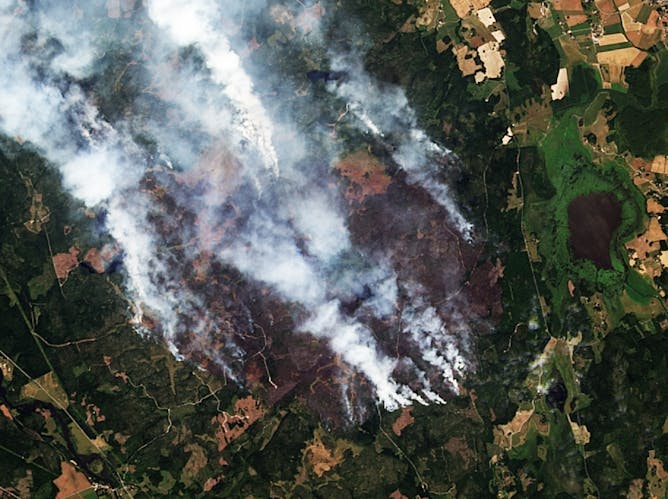
Kevin Trenberth, University of Auckland
As the atmosphere warms, it can hold more moisture. This brings more intense downpours but also accelerates warming – because water vapour is a powerful greenhouse gas.
|
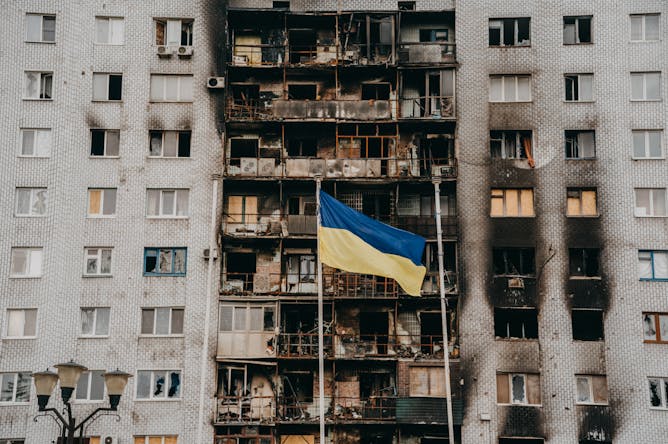
Robert G. Patman, University of Otago
South-East Asia is anxious about the Ukraine war’s impact on regional economies. For New Zealand, that presents more pressing geopolitical priorities than confronting China.
|
From our foreign editions
|
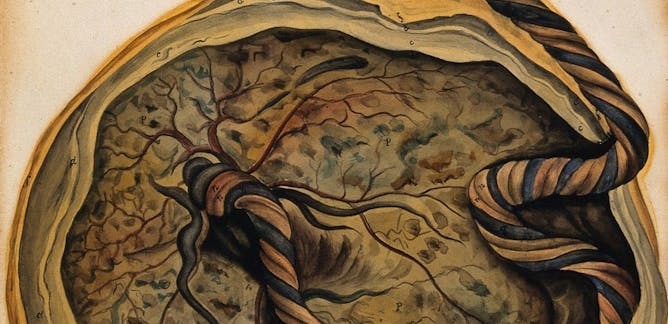
Paige Donaghy, The University of Queensland
In my research, I try to uncover the cultural significance of the placenta and afterbirth in premodern Europe to help us better understand the social and medical history of this important organ.
| |
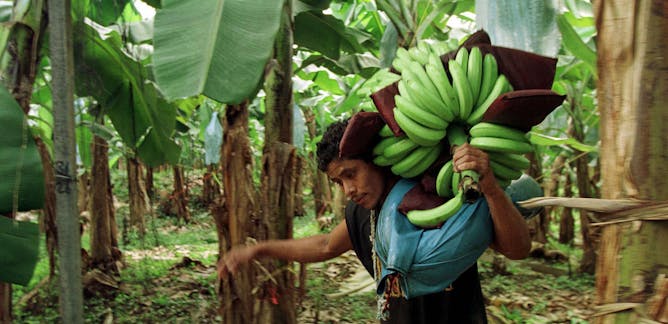
Carl Rhodes, University of Technology Sydney
Multinational corporations can dictate how resources are allocated, territories are governed, and justice is defined.
|
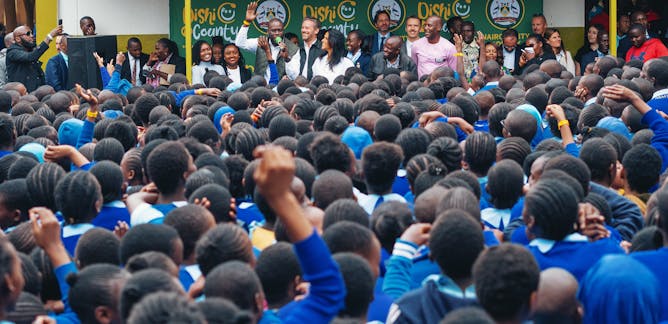
Elisheba Kiru, African Population and Health Research Center; Aulo Gelli, International Food Policy Research Institute (IFPRI)
School meals should strive to provide nutritious diets by serving diverse, safe, palatable, and locally available foods.
| |
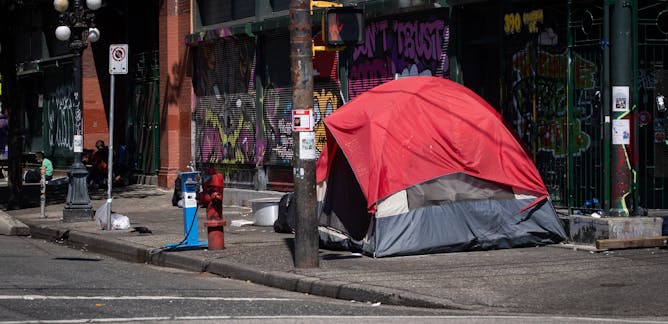
Jiaying Zhao, University of British Columbia; Anita Palepu, University of British Columbia; Daniel Daly-Grafstein, University of British Columbia
Researchers found that most homeless people spent the money they received on rent, food and other living costs.
|
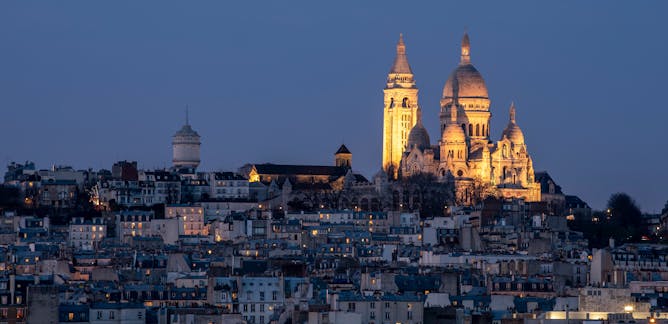
Ariane Millot, Imperial College London; Steve Pye, UCL
To overcome last winter’s energy crunch, France successfully introduced a 15-point ‘energy sobriety’ plan to cut gas and electricity use and reduce emissions.
| |

Nando Sigona, University of Birmingham
The plight of those who felt compelled to leave when that reality ended is often overlooked.
|
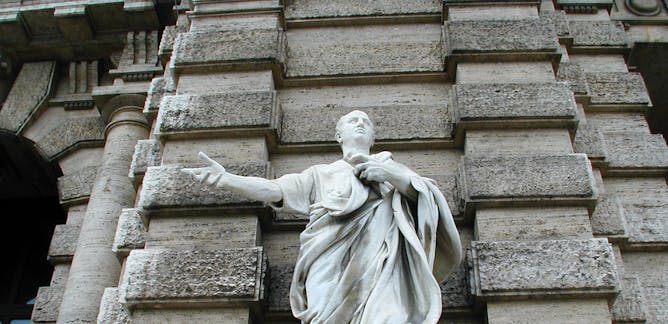
Blaine Greteman, University of Iowa
When people hear the term ‘liberal arts,’ it may sound like a phrase with political overtones. A scholar of literature explains why that’s wrong and takes a closer look at its origin and meaning.
| |
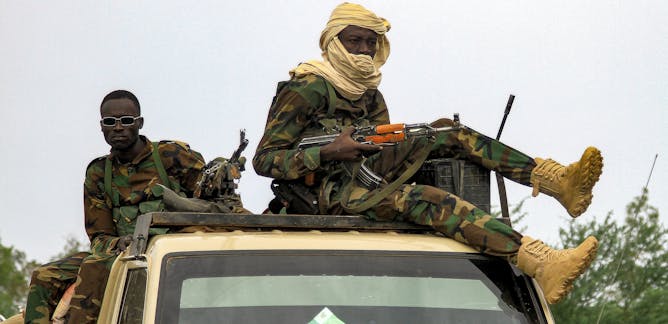
Mike Brand, University of Connecticut
The international community has also failed to protect civilians in Syria, South Sudan, the Democratic Republic of Congo, Yemen, Myanmar and Ethiopia, a genocide expert writes.
|
|
|
| |
| |
| |
| |
|
|
|
|
|
|
|